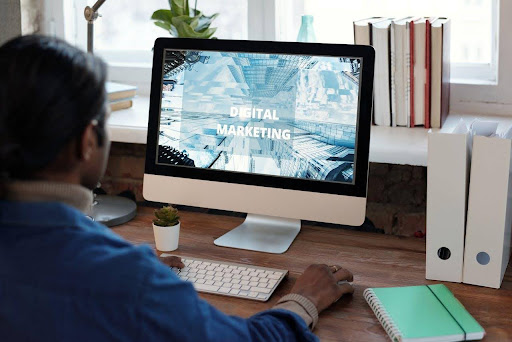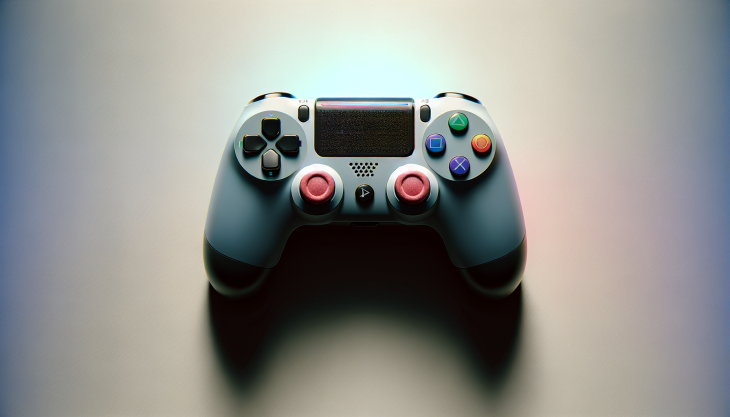When you suffer a personal injury in New Jersey, the consequences can be far-reaching and devastating. The impact extends beyond physical harm, affecting your emotional well-being and overall quality of life. While economic damages cover tangible losses like medical bills and lost wages, non-economic damages address intangible harms, such as pain and suffering, emotional distress, and loss of enjoyment of life.
Understanding when to pursue non-economic damages is necessary to ensure you receive full compensation for how your injury has affected you. It’s essential to work with an experienced attorney who can help you analyze the legal process and fight for the compensation you deserve. You can focus on your recovery and rebuilding your life by seeking legal guidance.
What is The Importance of Non-Economic Damages?
Understanding non-economic damages is important before pursuing a claim. Unlike economic damages, which cover quantifiable financial losses, non-economic damages compensate for the intangible effects of an injury on your life, such as pain and suffering, emotional distress, loss of enjoyment of life, loss of consortium (impact on personal relationships), disfigurement, or scarring.
A 2023 study by the Jury Verdict Research Company found that non-economic damages comprise an average of 60% of the total compensation awarded in personal injury cases. While these impacts may not have a clear dollar value, they profoundly affect your quality of life and deserve fair compensation. Non-economic damages aim to restore your well-being and provide justice for the harm suffered.
When Should You Consider Pursuing Non-Economic Damages?
Not every personal injury case warrants a claim for non-economic damages. However, if you’ve suffered a significant injury that has impacted your quality of life, emotional well-being, or relationships, you may want to consider seeking non-economic damages.
It’s often helpful to contact a personal injury lawyer from a firm like Rosengard Law Group. You can schedule a free consultation or learn more by calling them at 856-284-6446 to determine if your case qualifies. Here are some key situations where pursuing these damages may be appropriate:
Severe Injuries
If your injuries are severe or result in long-term or permanent disabilities, non-economic damages become particularly relevant. These injuries often lead to ongoing pain, reduced quality of life, and emotional trauma that extend far beyond immediate medical costs.
Significant Pain and Suffering
Even if your injuries aren’t permanent, you may have endured significant pain and suffering during your recovery. This could include physical pain, anxiety, depression, or other forms of emotional distress directly related to the injury and its aftermath.
Impact on Personal Relationships
If your injury has negatively affected your relationships with family members or your ability to engage in intimate relations with a spouse, you may have grounds for claiming loss of consortium damages.
Visible Scarring or Disfigurement
Injuries that result in visible scarring or disfigurement can have profound psychological impacts, affecting self-esteem and social interactions. These effects often warrant consideration for non-economic damages.
Reduced Quality of Life
If your injury prevents you from engaging in hobbies, activities, or lifestyle choices you previously enjoyed, you may have a strong case for loss of enjoyment of life damages.
What factors affect non-economic damages in New Jersey?
Several factors can affect the pursuit and potential value of non-economic damages in New Jersey personal injury cases:
Severity and Duration of Injuries
Generally, the more severe and long-lasting your injuries, your case for non-economic damages is stronger. Chronic pain, permanent disabilities, or injuries requiring extensive rehabilitation typically warrant higher compensation.
Impact on Daily Life
Courts consider how your injuries have affected your ability to perform daily activities, work, and maintain relationships. Significant disruptions to your normal life can strengthen your claim for non-economic damages.
Age and Pre-Injury Lifestyle
Your age and lifestyle before the injury can influence non-economic damages. For example, a young, active person who can no longer participate in sports due to an injury might receive higher compensation for loss of enjoyment of life than an older, less active individual.
Credibility of Your Testimony
Your ability to articulate how the injury has affected your life can significantly impact your claim. Consistent, honest, and detailed accounts of your pain, suffering, and lifestyle changes are necessary.
How can you strengthen your non-economic damages claim?
If you decide to pursue non-economic damages, consider these strategies to build a stronger case:
Keep a Detailed Journal: Document your pain levels, emotional state, and how your injury affects your daily life. This contemporaneous record can be powerful evidence.
Seek Mental Health Support: If you’re experiencing emotional distress or depression due to your injury, seek professional help. This not only aids your recovery but also provides documentation of your mental health struggles.
Gather Witness Statements: Statements from friends, family, or coworkers about how your injury has changed you and can provide valuable third-party perspectives on your non-economic damages.
Use Expert Testimony: Medical experts, psychologists, or life care planners can provide professional opinions on the long-term impacts of your injury, lending credibility to your claim.
Document Life Changes: Keep records of activities you can no longer participate in, events you’ve missed, or lifestyle changes you’ve had to make due to your injury.
New Jersey Laws Affecting Non-Economic Damages
New Jersey laws significantly impact non-economic damages. Unlike some states, New Jersey imposes no caps on non-economic damages in most personal injury cases, allowing for unlimited recovery potential. The state follows a modified comparative negligence rule, reducing damages proportionally if you’re partially at fault but barring recovery if you’re more than 50% at fault.
Additionally, New Jersey has a two-year statute of limitations for filing personal injury lawsuits, applicable to both economic and non-economic damages claims, starting from the date of injury.
Conclusion
Pursuing non-economic damages in a New Jersey personal injury case can be a complex but potentially rewarding process. While these damages may be more challenging to quantify than economic losses, they often represent a significant portion of the harm you’ve suffered due to your injury.
Remember, every personal injury case is unique. What works in one situation may not apply in another. That’s why it’s important to consult with an experienced New Jersey personal injury attorney who can evaluate the specifics of your case and guide you through the process of seeking appropriate compensation, including non-economic damages when warranted.




















